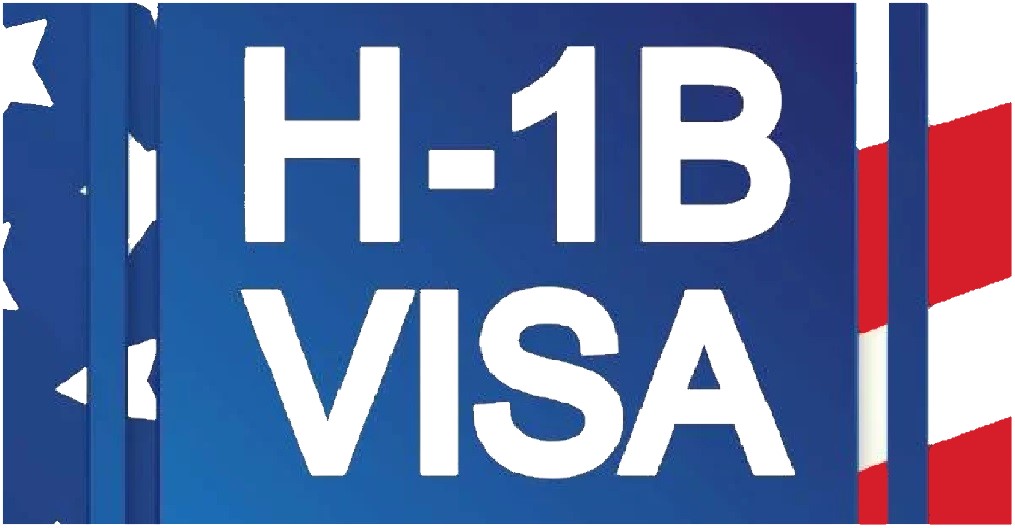H1B Hues: Demystifying The Journey With H-1B Visa Insights
3 min read
Last Updated on March 9, 2024 by David Brad
Navigating the intricate process of securing an H-1B visa is a meticulous journey with nuances. In this exploration, we uncover the complexities, offering essential insights beyond the application intricacies, shedding light on the broader context and significance. As individuals enter this realm, considerations extend beyond visa processes to encompass facets like international travel insurance. This safeguard becomes a vital companion, warranting attention to the documentation required for passports and the coverage nuances within travel insurance. To obtain a passport, applicants must diligently compile the documents required for passport processing, ensuring a smooth and efficient application procedure.
The H-1B visa is coveted by foreign nationals seeking employment in the US, permitting them to address shortages in skilled positions. Employers initiate the application, showcasing the demand for foreign talent in specific roles.
Eligibility Criteria:
H-1B visa applicants need a bachelor’s or master’s degree, deep expertise in their field, and a job classified as specialized by the US Citizenship and Immigration Services. Employers submit a labor condition approval (LCA) to the Department of Labor, specifying contract terms.
Application Process:
- Sponsorship: A US-based company must sponsor the individual, offering a job without suitable US candidates.
- Initiating Application: The employer begins the H-1B application process upon the candidate’s employment commencement.
- Labour Conditions Approval: The employer submits an LCA detailing wage regulations to the Department of Labor.
- Form I-129: The employer completes Form I-129, a petition for a non-immigrant worker, submitting necessary documents over three to four months.
- Consulate Visit: After petition approval, the individual visits the US Consulate in their home country to finalize the process.
Required Documents:
Documentation varies for those outside and within the US. For non-US citizens, requirements include passport photos, academic records, resume, job description, LCA approval, appointment letter, and relevant certificates.
Visa Costs:
The H-1B visa incurs significant fees, including a registration fee, Form I-129 fee, ACWIA training costs, fraud prevention fee, and optional expedited processing fees.
H-1B Visa Lottery:
Due to a cap on authorized visas, a lottery process occurs if the limit is reached, randomly selecting candidates for further processing.
Checking Status And Validity:
Applicants can check their H-1B status online using a 13-digit receipt number provided upon registration. The visa is initially valid for three years and extendable for an additional three years, with options for further extension or transition to other visa categories.
Advantages Of H-1B Visa:
The H-1B visa offers benefits such as accompanying family members, longer stays, flexibility in employment, eligibility for legal permanent residence, and the ability to work part-time. Despite its popularity, stringent regulations exist due to past misuse by employers.
In the tapestry of securing an H-1B visa, one must pay attention to the significance of international travel insurance. Beyond the visa’s intricacies lie crucial for a seamless journey, where preparedness meets prudence. As travellers navigate the landscape of visa applications, understanding the essentials, from passport documentation to the coverage nuances within travel insurance, becomes a compass for a secure and well-guided expedition. Before embarking on any journey, it’s crucial to understand what is covered in travel insurance, providing peace of mind and financial security in unforeseen circumstances. Claims are subject to terms and conditions set forth under the travel insurance policy. *
*Standard T&C Apply
Insurance is the subject matter of solicitation. For more details on benefits, exclusions, limitations, terms, and conditions, please read the sales brochure/policy wording carefully before concluding a sale.






